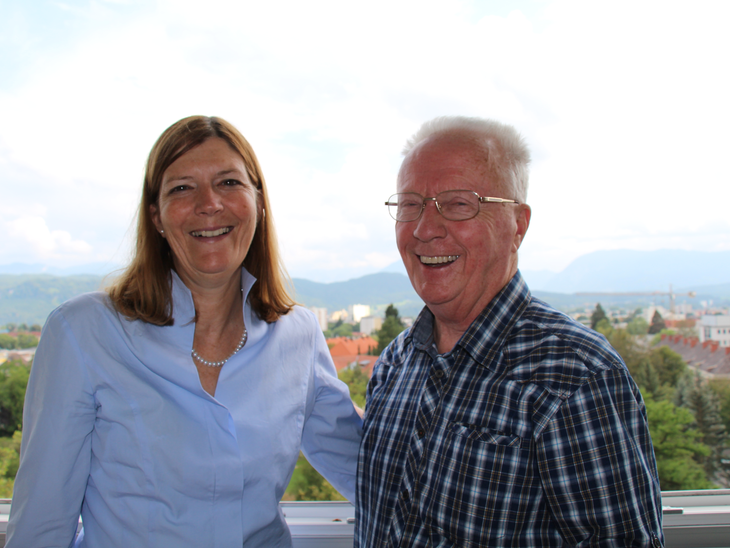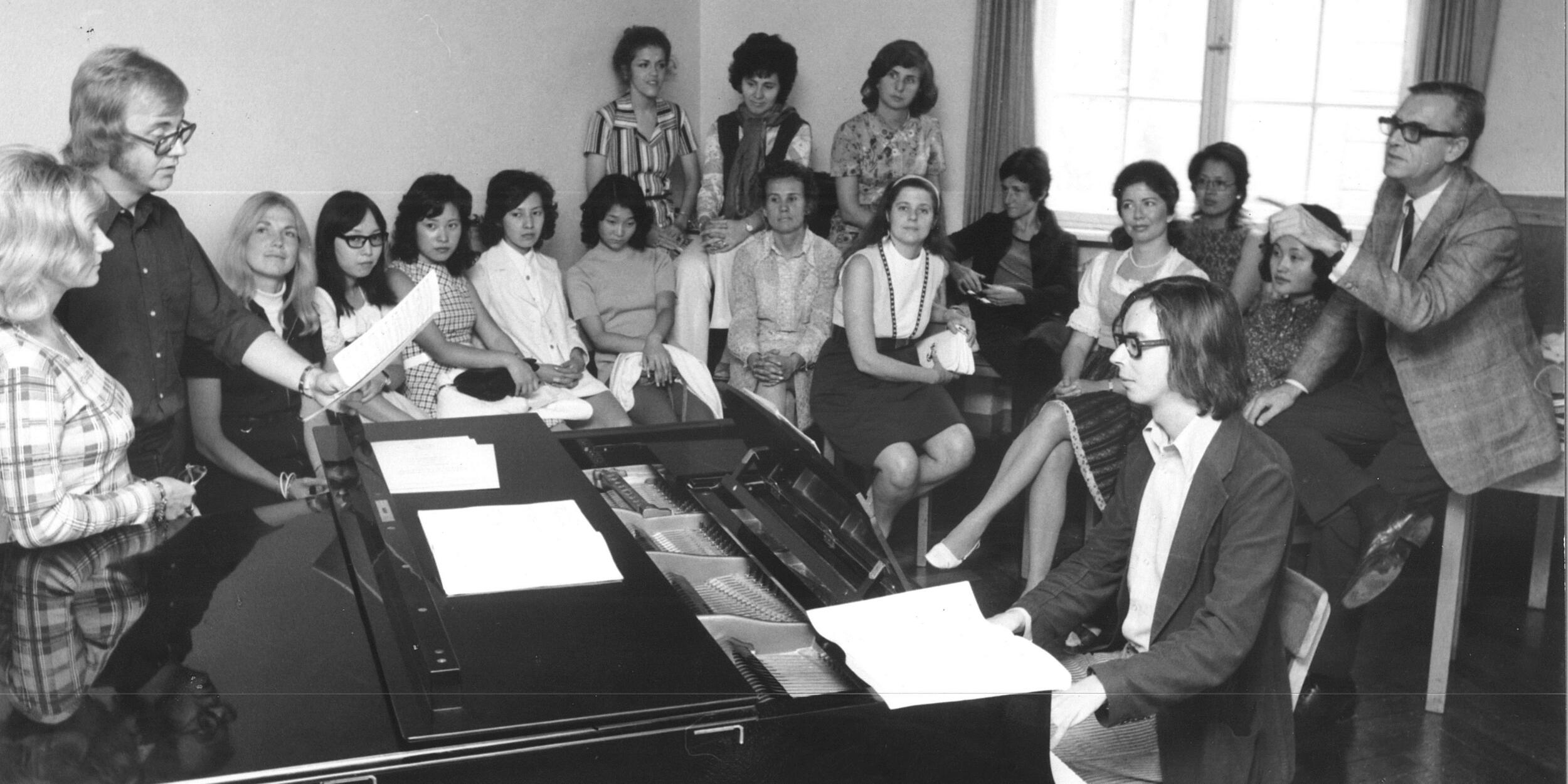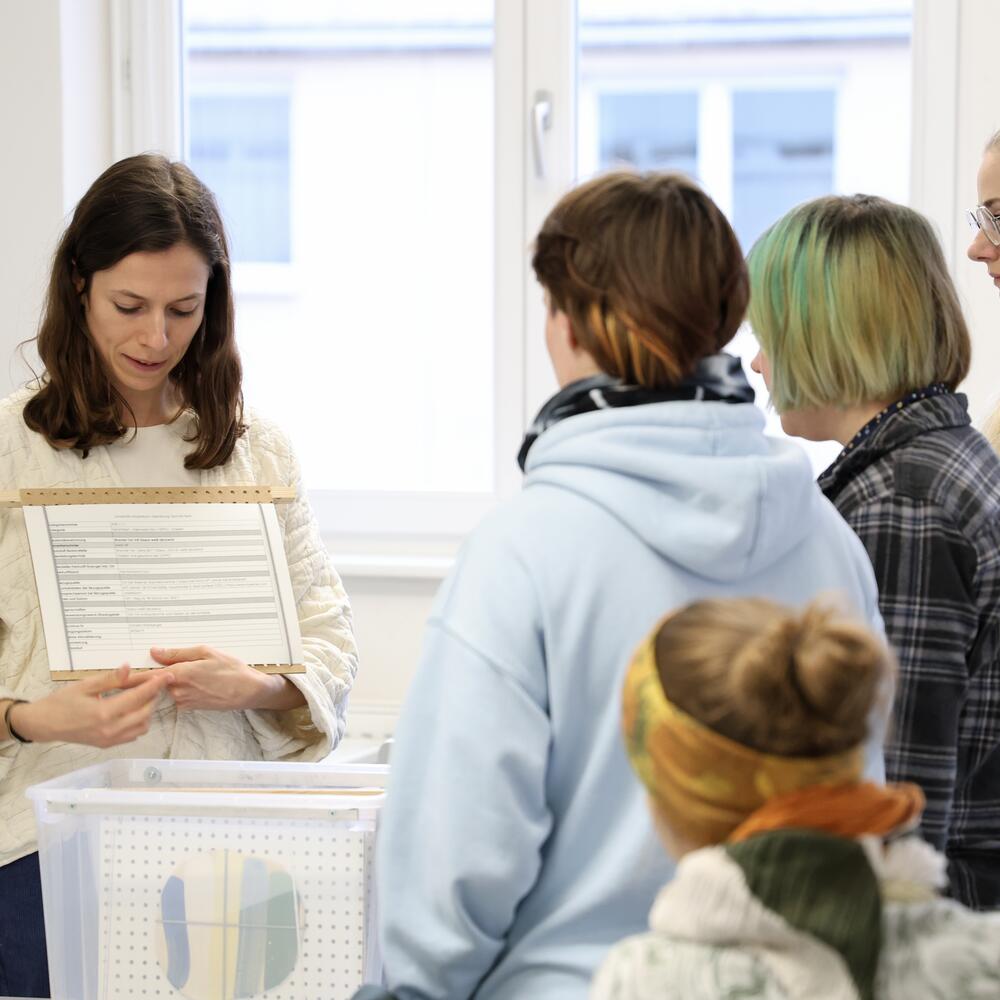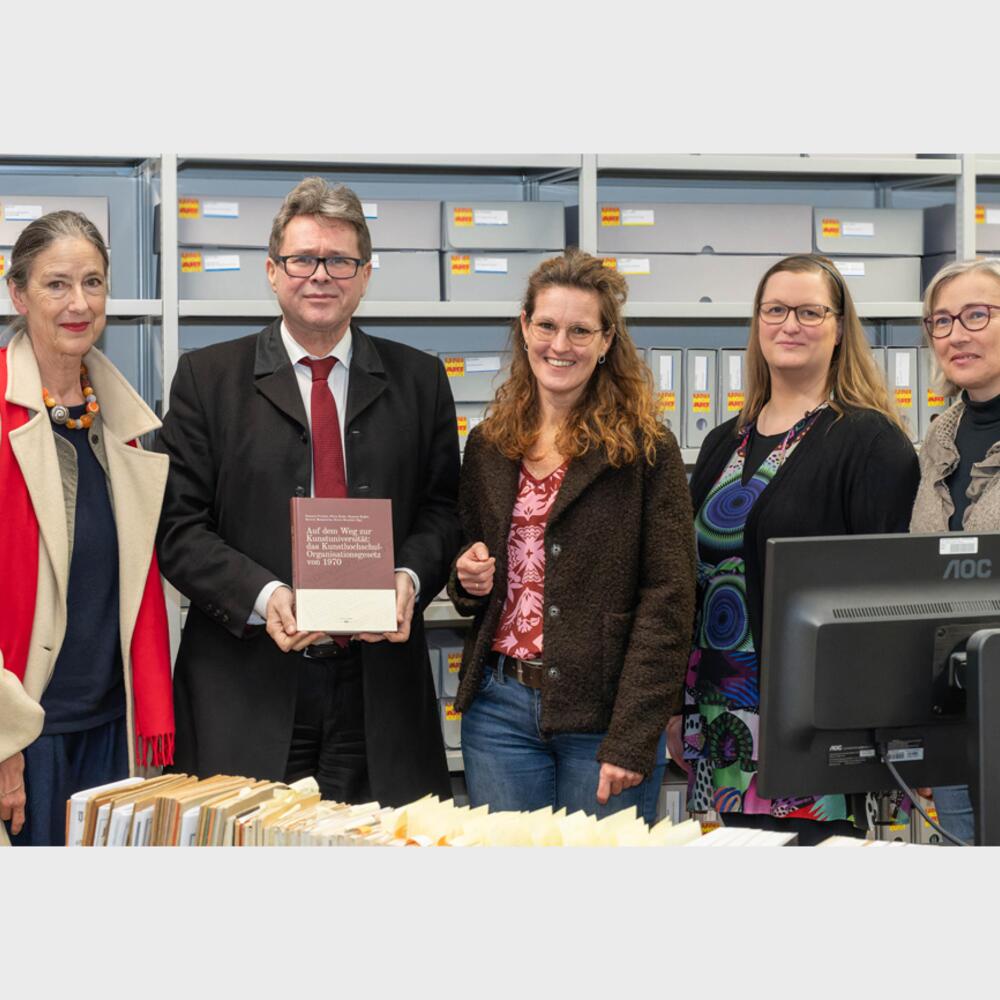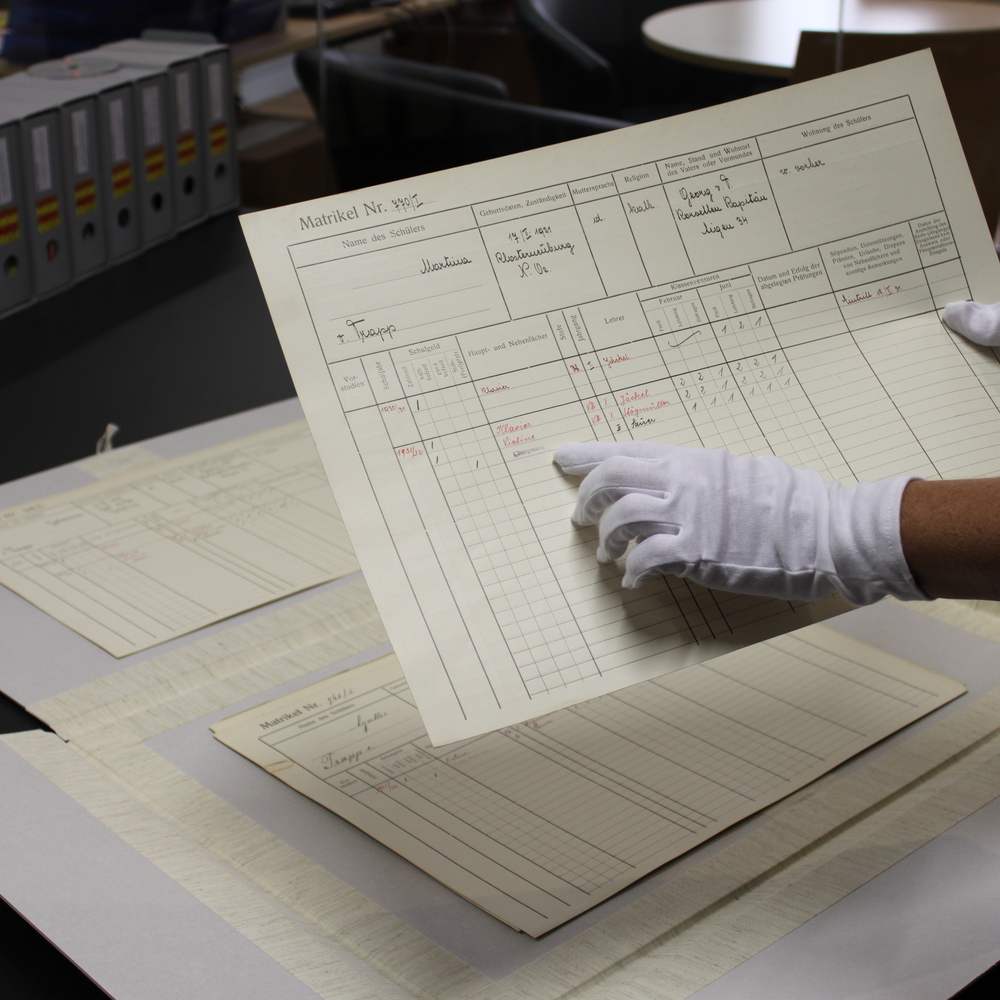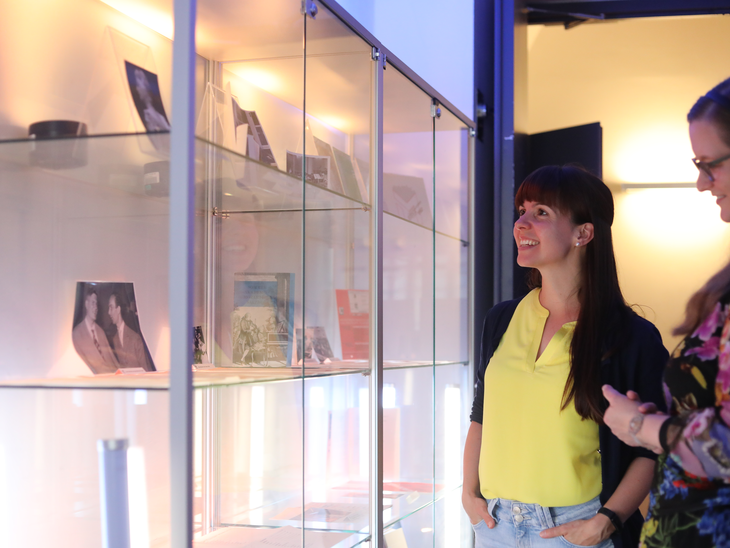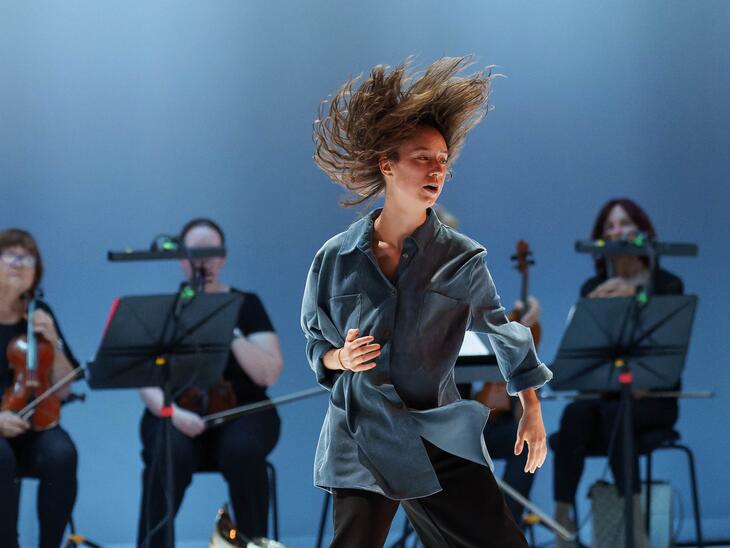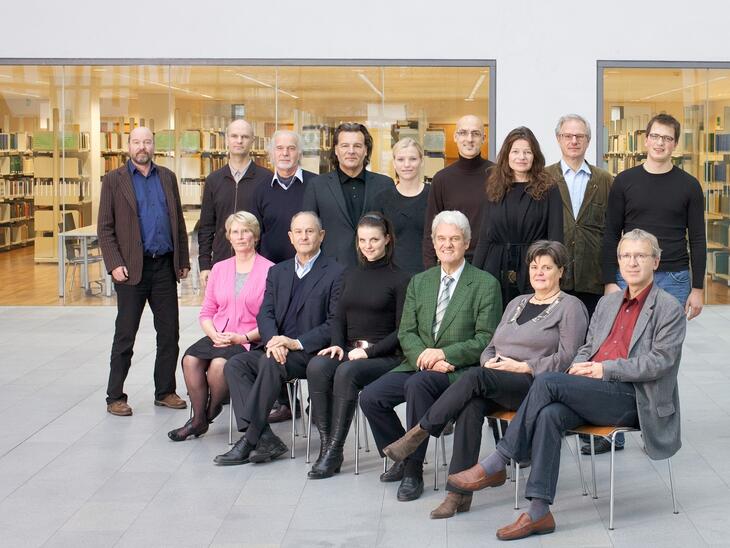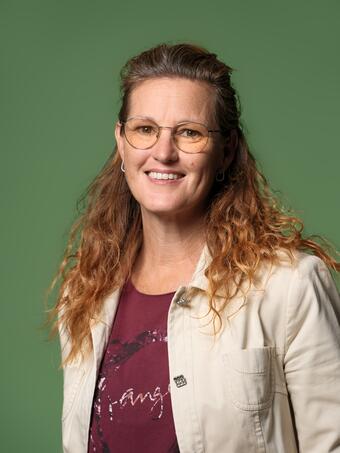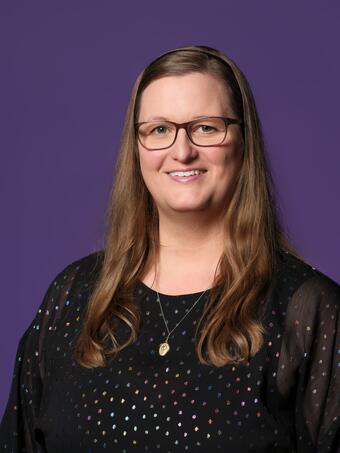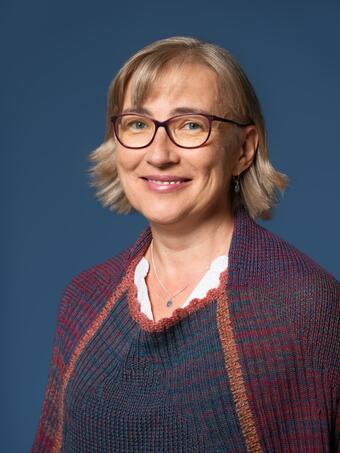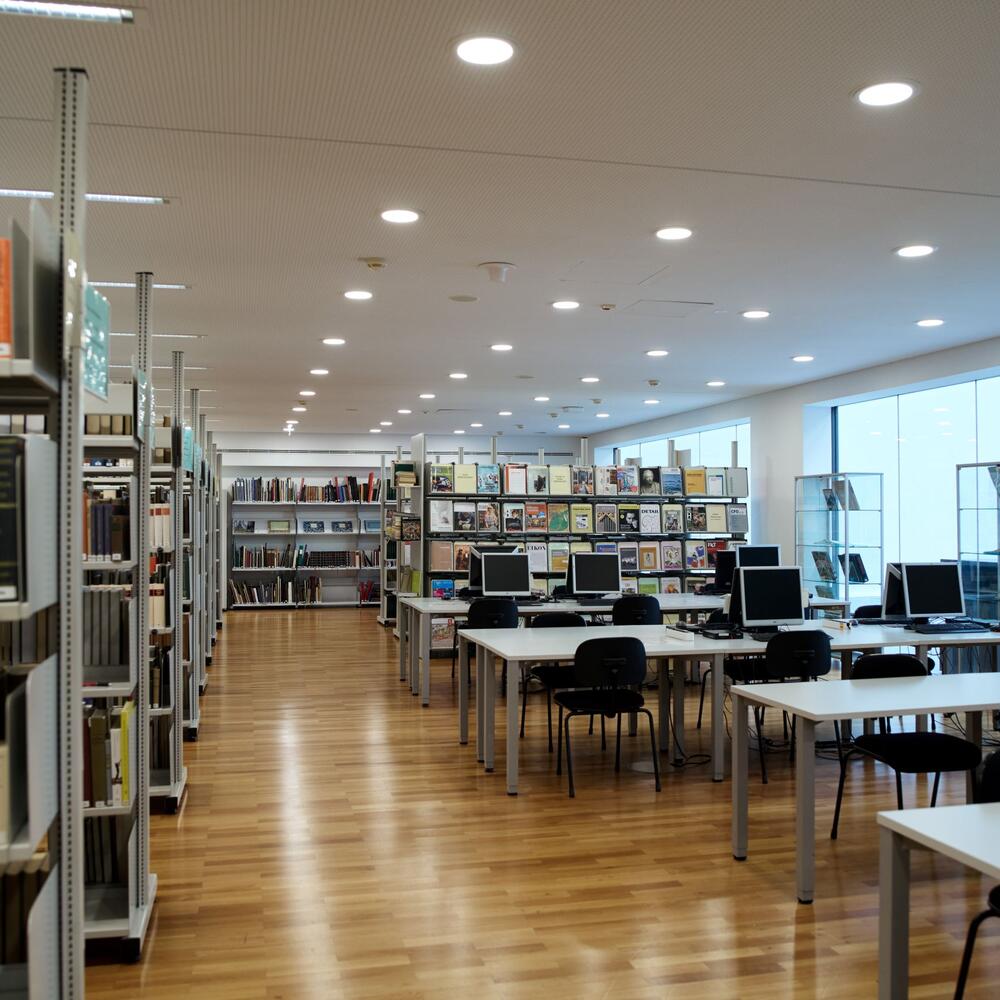Music school - conservatory - academy - college - university
Founded as a music school for church music
In 1841, on the 50th anniversary of W.A. Mozart's death, music-loving and committed upper-class citizens and the then Prince Archbishop Friedrich von Schwarzenberg founded the ‘Dom-Musik-Verein und Mozarteum’ (Cathedral Music Society and Mozarteum) for the cultivation of sophisticated church music. The Dom-Musik-Verein wanted to secure well-trained young musicians for the music in Salzburg's churches, but also to organise concerts. Most of the members also worked as teachers at the associated music school.
The aims of the Mozarteum Music School can be found in the association's statutes. Section 3 (4) states ‘... to establish an institution for the preservation of music under the short name of “Mozarteum”, in which male pupils are to be trained in singing, declamation, playing instruments, practical basso continuo and composition. If the association's resources and other circumstances permit, the association will also endeavour to extend the lessons at the Mozarteum to the female sex, but in any case separately.’
First public music school in the Crown Lands
In 1880 the Mozarteum Public Music School was founded, ‘the only existing public music school in the Crown Lands’. One year later, the school was taken over by the International Mozarteum Foundation. In addition to the music school, this foundation managed an orchestra (later the Mozarteum Orchestra Salzburg) and a fund to support talented musicians in need. The student recitals, which became increasingly demanding, were important for Salzburg's musical life. The Salzburger Volksblatt wrote in December 1880 about the final examinations: ‘... In the three months of their work at the new Mozarteum, Director Hummel, Concertmaster Gerber and Concertmaster Walter have achieved truly surprising results and teaching successes that do them the greatest honour. ...’
Upswing as a conservatory in the new building
In 1914 the Mozarteum received a new building, the ‘Mozarteum’ with its Great Hall at Schwarzstraße 26, which was built between 1910 and 1914 by the Munich architect Richard Berndl in the Art Nouveau style and inaugurated on 14 September 1914 by Archbishop Dr. Kaltner. The Mozarteum now claimed the title of conservatory with public rights. This was not forbidden by the Ministry, among other things on the following grounds: ‘... the Mozarteum is undoubtedly facing a new development now that its relocation to the new Mozarthaus is imminent. A series of measures taken recently (such as the appointment of its own school inspector, the appointment of Kammersängerin Pollini from Munich as a teacher of opera singing, the reorganisation of the curriculum, etc.) show the serious endeavour to raise the standard of the institution as much as possible...’ (K.K. Ministry for Culture and Education No. 20208)
K. u. k. Kammersängerin Lilly Lehmann, initiator of the Salzburg Mozart Festivals 1901-1910 and patron of the Mozarthaus in Schwarzstraße, offered private singing courses on the premises of the Mozarteum for the first time in the summer of 1916 and is thus regarded as the founder of the Mozarteum International Summer Academy. In 1917 Bernhard Paumgartner was appointed director of the Mozarteum. From the outset, his aim was to develop the Mozarteum into a school for music and the performing arts modelled on Vienna. In 1920, Paumgartner succeeded in incorporating a drama school into the Mozarteum, which could not be continued for cost reasons and only became a permanent part of the Mozarteum again in 1949. In 1920/21, Paumgartner established the ‘Mozarteum Opera’ in cooperation with the Salzburg State Theatre, which staged a total of 85 performances in the 1920/21 season. However, this effort was not sustainable in the long term, utilising all of the Mozarteum's personnel resources, and it was therefore not feasible to maintain opera operations at the Salzburg City Theatre.
State takeover in financial distress
In 1922, the conservatory was nationalised after the International Mozarteum Foundation was no longer able to maintain the school due to the difficult financial situation after the First World War. The Salzburger Volksblatt of 18 February 1922 reads: ‘The Mozarteum saved. The National Council accepts the motion of the Education Committee to nationalise the Mozarteum Conservatory. ...Member of the National Council Stessin emphasised that it was not just a question of renovating the ‘Mozarteum’, but of deciding the fundamental question of whether we will be able to preserve the old cultural assets beyond the needs of the day. The speaker described the plight of the Mozarteum and the sad material conditions of the teaching staff, whose salaries are often so low that a monthly salary is barely the equivalent of a pair of shoes...’
The artistic ability of the teachers was proven by their participation in the Salzburg Festival and later on successful trips abroad. Graduates were given important positions in prestigious orchestras and opera houses and teaching assignments at other music schools and conservatories.
First music academy in the German Reich
In 1939, the Mozarteum was transformed into the Mozarteum State University with the threefold structure: Music School for Youth and the People, Technical School and University. On 23 April 1941, the Mozarteum was the first music school ever to be awarded the title ‘Reichshochschule’ (Reich University) as part of the 100th anniversary celebrations of its existence. Elly Ney, Ludwig Hoelscher, Ermanno Wolf-Ferrari and Heinrich Rehkemper, some of the most important artists of the time, who are controversial today due to their ideological views, were hired. In the course of the war, the teaching staff, administrative staff and students were either drafted into the Wehrmacht or conscripted into labour service. The Mozarteum building in Schwarzstraße was spared from the bombing and so some of the female students found a job in familiar surroundings: they continued to attend the Mozarteum in the last ‘school year’ of the Nazi era, only they no longer sat at the pianos, but at the sewing machines of a textile company important to the war effort. On 8 October 1945, the Mozarteum was the first Austrian university to reopen its doors. Bernhard Paumgartner was rehabilitated in November 1947 and reinstated as director.
International activities as an academy
In 1953, the Mozarteum became the ‘Mozarteum’ Academy of Music and Performing Arts in Salzburg. The legally consolidated status of the school and the increased commitment of the ministry enabled the Mozarteum to present itself confidently to the outside world and to gradually build itself up internally. The first exchange concerts were organised as early as the 1953/54 academic year.
In 1953 Bernhard Paumgartner and his deputy Eberhard Preussner were co-founders of the AEC, the Association Européenne des Conservatoires, Académies de Musique et Musikhochschulen. In 1956, the Ministry of Education organised the first international Mozart competition and entrusted the Salzburg Academy with its organisation. Many internationally successful artists received prizes from this competition, which is still successfully organised by the Mozarteum University today. In 1961, the composer and pedagogue Carl Orff founded the ‘Orff Institute’ as a place for elementary music and dance education at the Mozarteum Academy at the invitation of the current president Eberhard Preussner. In October 1963, the new institute was able to move into its own building near Salzburg's Frohnburg.
With the appointment of Bruno Gallée in 1962, training in stage and costume design was also established at the Mozarteum.
Democratic structure as a university
In 1970, the Mozarteum, like the three other Austrian art academies, became a university through the Art University Organisation Act and was given a democratic constitution. In May 1971, the teaching staff elected Paul von Schilhawsky as the first rector and shortly afterwards the entire college was constituted, the new, democratically organised governing body of what was now the Mozarteum University. In 1976, the Department of Fine Arts was founded at the Mozarteum University, making it the only art academy in Austria to teach the three disciplines of music, performing arts and fine arts.
With the new Higher Education Act of 1980, it was decided to incorporate the ‘Seminar A’ for music education, which had been run at the Tyrolean Conservatory under the supervision of the Mozarteum since 1965, into the Mozarteum University as an additional department. In 1986, the Instrumental Music Education programme was added, and in 1987 the Institute for Musical Folklore was founded on the initiative of Josef Sulz.
Art university autonomy
On 1 October 1998, when the Federal Act on the Organisation of Universities of the Arts (KUOG) came into force, all previous Austrian universities of the arts became universities of the arts and were thus placed on an equal footing with scientific universities. The university bodies were now able to draw up their own statutes and organisational structure, thus giving their institution a stronger profile of its own. Since then, the Mozarteum has been able to make its own appointments and is autonomous in the appointment of professors. Since 2006, instrumental music education has also been offered at the Innsbruck location in co-operation with the Tyrolean State Conservatory. The location has also been strengthened by the fact that since the 2016/17 academic year it has also been possible to study for a teaching qualification in visual arts education. Since 2018, Elisabeth Gutjahr has been the first woman to be elected Rector of the Mozarteum University.
In her inaugural speech, she makes the connection between the ‘ceremony’ and the ‘fortress’: ‘... Let us be aware of the precious things this fortress protects: Young, highly talented people on the path to their vocation, students who have taken on a lot to get one of the coveted places at university, countless hours, days, years of preparation, but also hardship - in most cases, the families have invested a lot in training the development of their children's talents. It is also important to protect the intangible cultural heritage, a knowledge of meanings and contexts whose preservation depends on active care and communication - comparable to a language that is lost when it is no longer spoken. It is also important to protect the quiet tones, what is hidden between the lines, the individual in all its perfect imperfection.’
